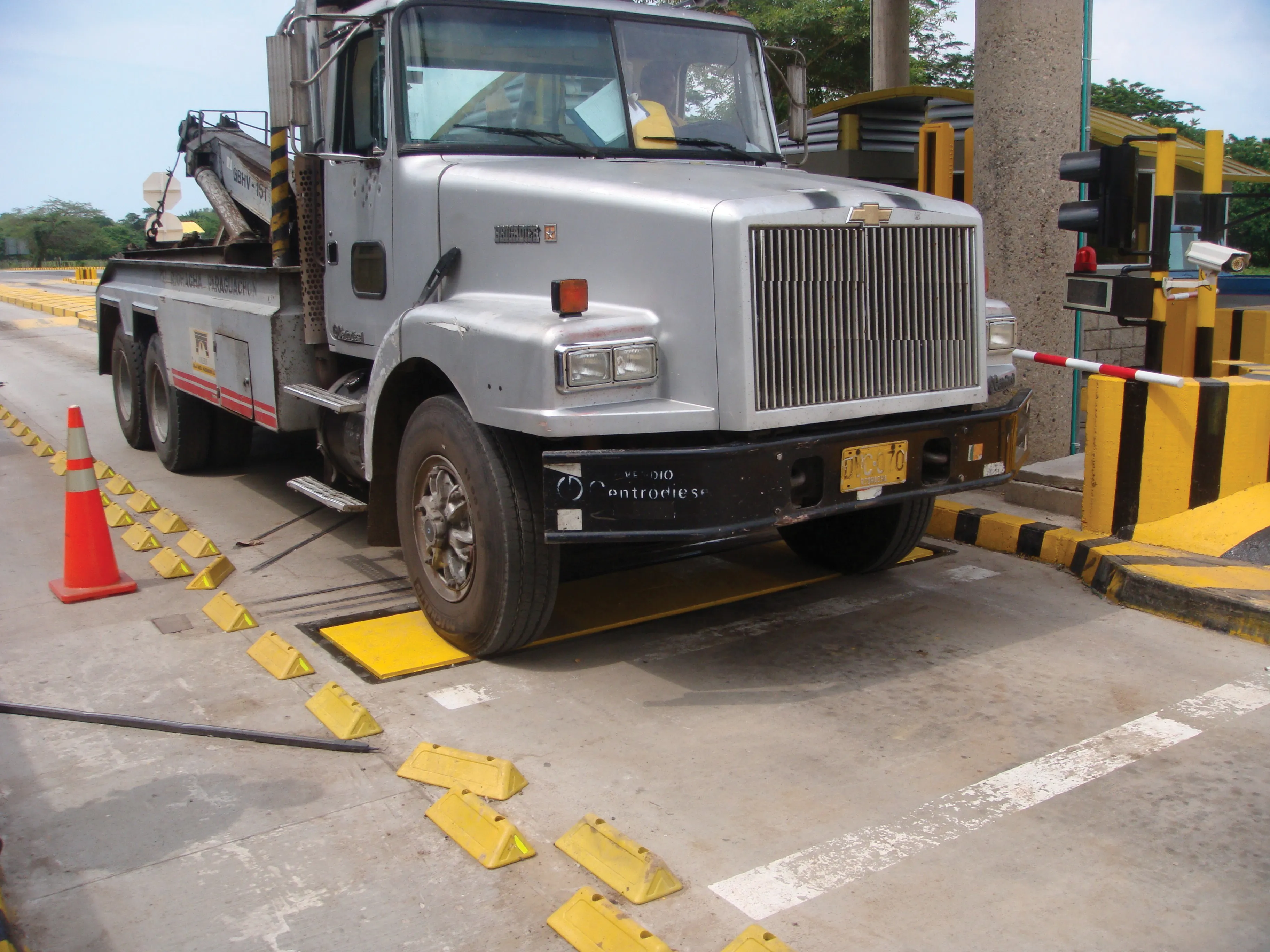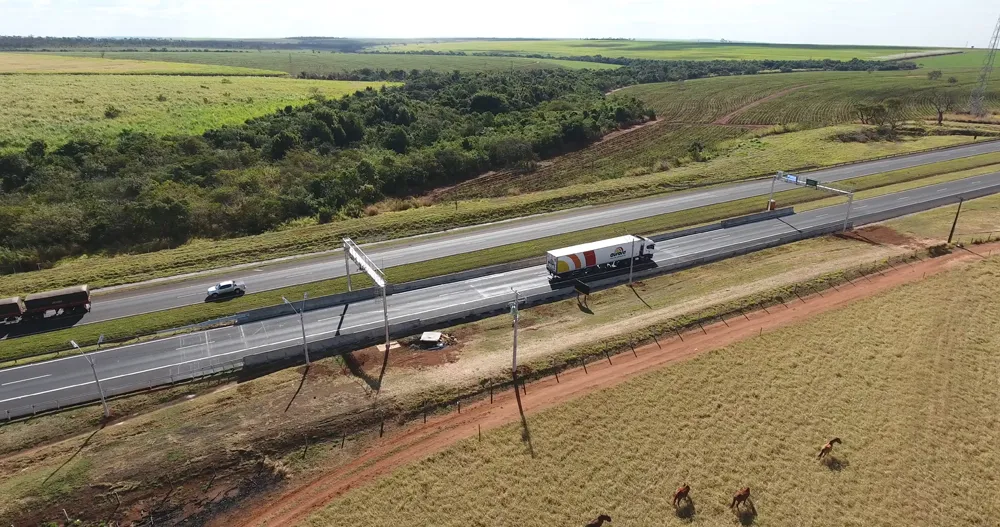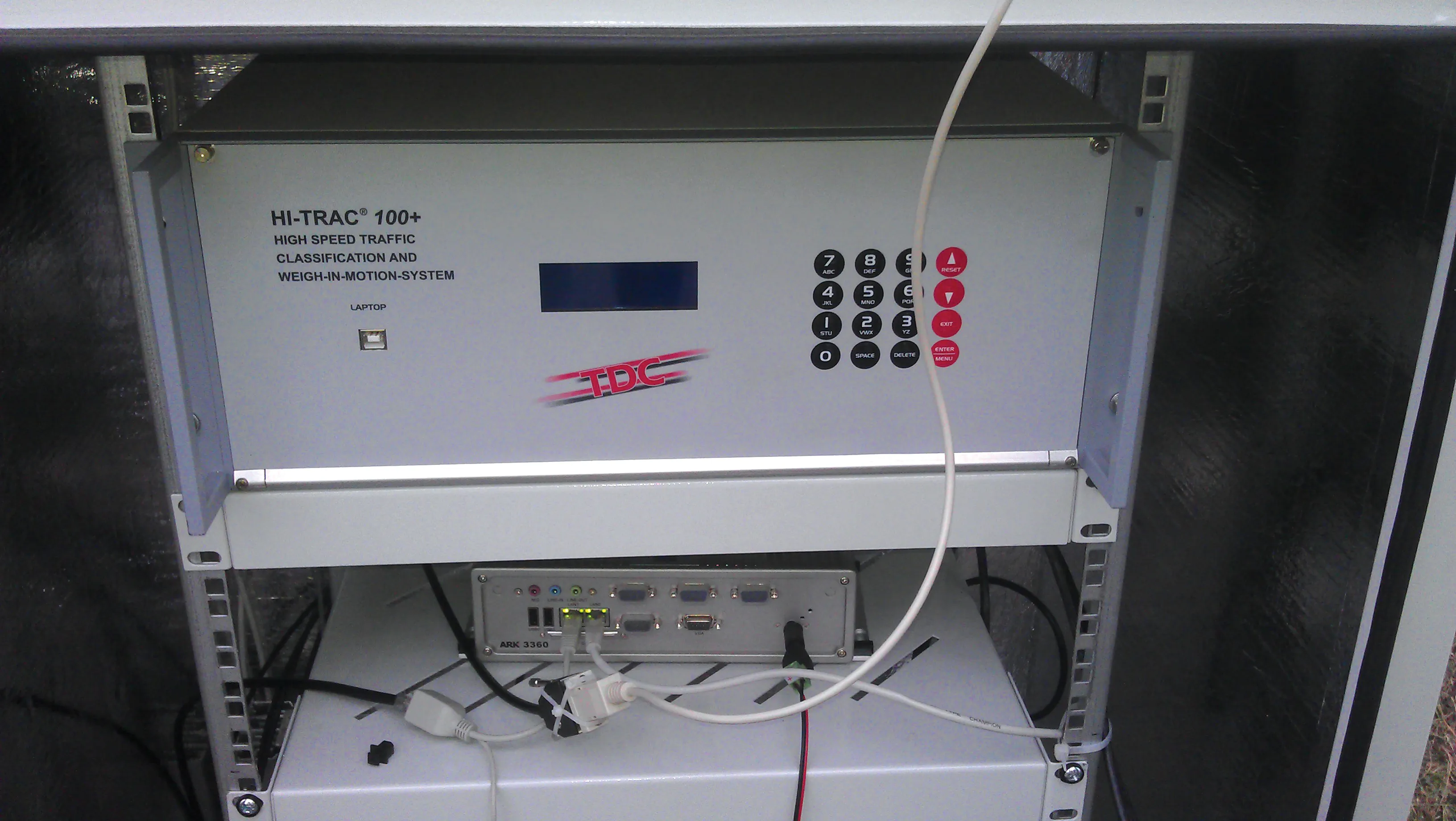International Road Dynamics (IRD) will design, supply and install 19 mainline weigh-in-motion systems throughout the US State of Georgia. IRD, based in the city of Saskatoon in the Canadian province of Saskatchewan, said the contract is worth US$7.93 million. The deal includes mainline WIM scales on the interstate, at the roadside and in scale houses as well as license plate reading, USDOT number reading, side view cameras and over-height detection systems at 19 weigh station locations. IRD’s systems will c
March 9, 2015
Read time: 2 mins
IRD, based in the city of Saskatoon in the Canadian province of Saskatchewan, said the contract is worth US$7.93 million.
The deal includes mainline WIM scales on the interstate, at the roadside and in scale houses as well as license plate reading, USDOT number reading, side view cameras and over-height detection systems at 19 weigh station locations.
IRD’s systems will complement the automated ramp weigh station facilities previously provided by IRD and operated by the Georgia Department of Transport.
Information from the new systems will be sent to the
Construction will start this year at truck weigh stations in Carroll County (I-20 westbound), Troup County (I-85 northbound and southbound), Douglas County (I-20 eastbound) and Catoosa County (I-75 northbound and southbound). Construction of the remaining weigh station sites is expected to be completed by the end of 2016.
IRD will also provide maintenance for five years.
IRD president and chief executive Terry Bergan told local media that these types of deals take years to finalise and can lead to upgrades if all parties are happy with the work. He pointed to IRD’s relationship with the US state of Oregon where the company has outfitted 27 weigh stations, maintained the equipment and upgraded projects in the state for the past 18 years.
In November 2011, IRD won US$1.73 million contract with the Arizona Department of Transportation’s Mariposa Port of Entry at the US-Mexico border crossing near Nogales, Arizona.
The port-of-entry screening system included the supply of WIM scales, licence plate readers, USDOT readers, automatic vehicle identification and EPIC - expedited processing at international crossings - system. The installation prescreens vehicles that pass over each of the seven lanes at the border crossing.
Also in 2011, IRD was awarded a contract for WIM systems maintenance and data services by the US Department of Transportation’s Federal Highway Administration. The four-year deal has potential revenue for IRD of around $50 million.









